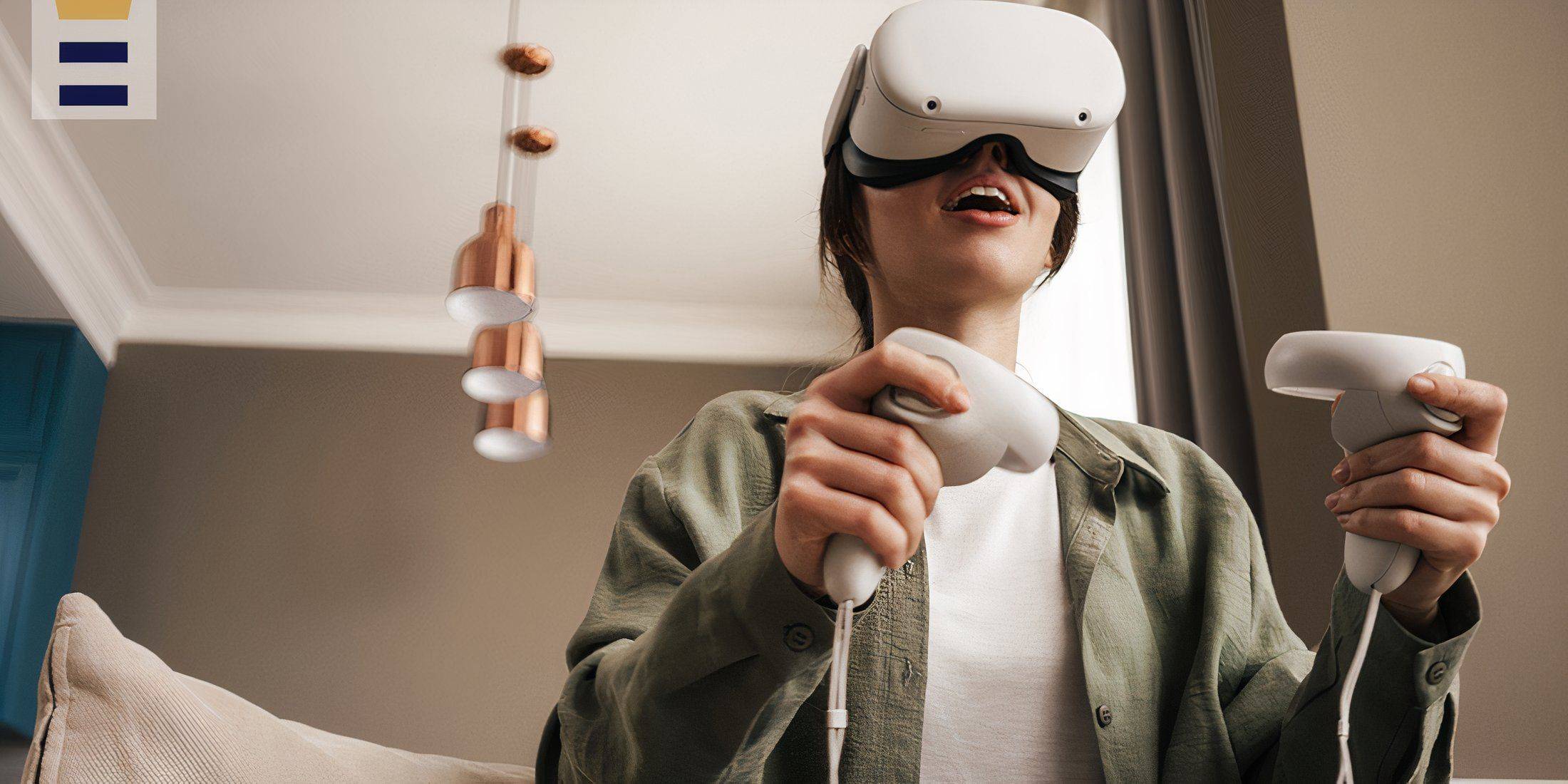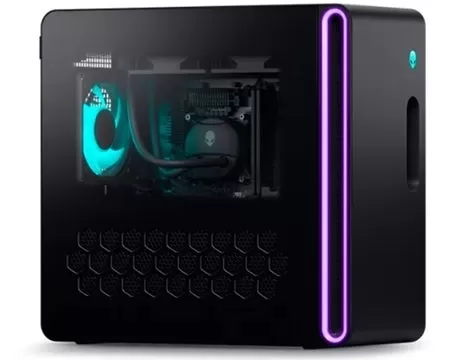Florida Judge Uses VR Headset in Court
- By Aaliyah
- Apr 12,2025

Summary
- VR used in court case, possibly for the first time.
- Meta Quest advancements make VR more consumer-friendly.
- VR tech may change future legal case handling.
In a groundbreaking move, a Florida court has employed virtual reality (VR) headsets to allow the defense to present an incident from the defendant's perspective during a legal case. This is believed to be one of the first, if not the very first, instances of VR technology being used by US court officials in a courtroom setting.
While VR has been around for years, it has yet to achieve the widespread adoption and familiarity of traditional gaming experiences. However, the Meta Quest series has significantly advanced the technology, offering affordable and wireless headsets that enhance user-friendliness. This development has made VR more accessible, though it's still not universally adopted. The use of VR in a court case marks an innovative step that could potentially transform how legal cases are managed in the future.
During a "stand your ground" hearing in Florida, the defense utilized VR to depict an incident from the defendant's viewpoint. The defendant, a wedding venue owner, rushed to the scene after reports of violence broke out. Upon arrival, he found himself encircled by an allegedly drunk and aggressive crowd, leading him to draw a gun in self-defense. He now faces charges of aggravated assault with a deadly weapon. To illustrate this moment, the defense presented a computer-generated (CG) recreation of the scene using Meta Quest 2 headsets.
Virtual Reality Could Change How Trials are Handled
This pioneering use of VR may set a precedent for future trials. Traditionally, trials have employed illustrations, photographs, and CG recreations to demonstrate events, but VR offers a unique immersive experience. VR users often report a significant difference between watching a video and being placed inside a virtual scene, as VR can convincingly simulate real-world experiences. The defense attorney hopes that, should the case proceed to a full jury trial, the jury will also experience the VR demonstration.
The wireless nature of the Meta Quest headsets made this demonstration feasible, as other VR systems typically require wired connections to PCs and external tracking devices. The potential for VR to foster empathy and understanding of a defendant's perspective and mindset could lead to broader adoption of Meta Quest headsets by legal teams in the future.
[ttpp]
Latest News
more >-

-

-
- The Witcher 4 to Unveil UE5 Game Tech Tomorrow
- Dec 27,2025
-

-

- 2025 D&D Starter Guide
- Dec 26,2025



